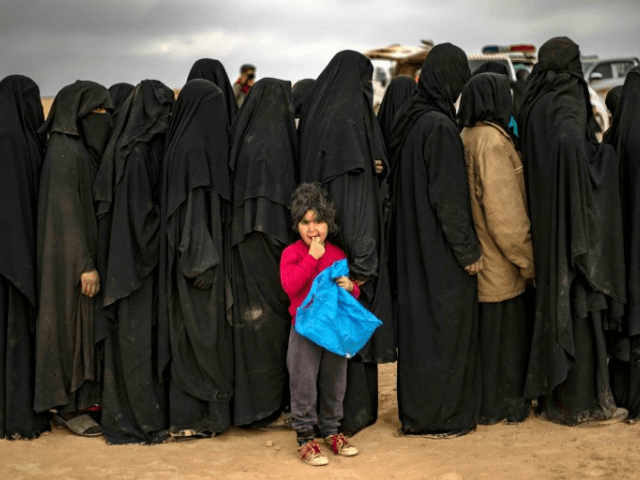The Danish government has agreed this week to refuse to allow children born to Danish Islamic State fighters overseas to claim citizenship and a passport.
The policy comes after the government brokered a deal with the populist Danish People’s Party (DF), ending the previous policy which allowed the children of Islamic State fighters from Denmark the ability to claim citizenship, broadcaster DR reports.
The measure was backed by foreign minister Inger Støjberg, who is well-known for her tough stance against mass migration, who said, “They are born of parents who have turned their backs on Denmark and therefore they should not belong to Denmark.”
Støjberg has become well-known for her tough migration policies which have included rejecting European Union migrant quotas after arguing that not enough migrants contribute to Danish society, and arguing that migrants should “adjust to Danish values.”
Christian Langballe, a spokesman for the DF, welcomed the proposal, saying the party had pushed for such a measure for an extended period of time.
“They are born down there, they have never known Denmark, they have no connection with Denmark, and we must remember that it is the parents who have chosen to go down in the war zone to fight for the Islamic State,” Langballe said.
It will also now be possible for the Danish government to strip the citizenship of Islamic State members who are dual nationals without going through the court system.
“We don’t want them back home.,” Langballe said and added, “We have seen returning Syrian warriors, for example, returning to France. Here they committed this terrible terrorist attack on, among other things, the Bataclan venue and murdered 129 people.”
The danger of returning fighters has also become an issue in neighbouring Sweden where it has been alleged that some have begun attempting to recruit young people in underground mosques in the city of Malmö.
Støjberg agreed, saying that if the fighters have another citizenship then she saw no reason for them to ever return to Denmark. “They are undesirable in Denmark,” she said.

COMMENTS
Please let us know if you're having issues with commenting.